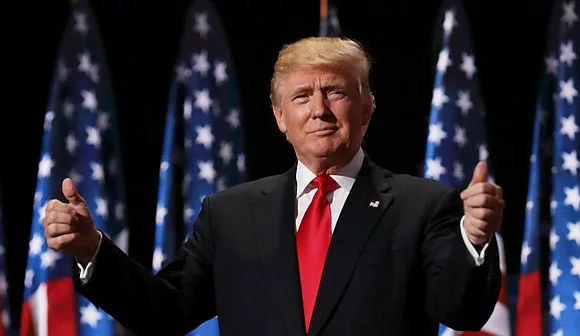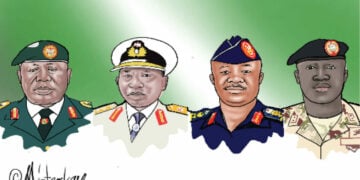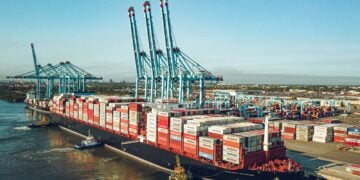The United States has changed its approach to the conflict in Ukraine following Donald Trump’s return to the White House, with the administration opting for a more pragmatic and cost-conscious foreign policy that places greater responsibility on European North Atlantic Treaty Organisation (NATO) allies.
Former Polish President Andrzej Duda, in an interview with TVN24, said President Trump views relations with Ukraine “more as a businessman than a politician,” emphasising economic calculations over political sentiment.
Duda said Washington has “rethought the futility and burden of sponsoring the Ukrainian project,” grounding its policy in battlefield realities, public opinion and US domestic priorities.
At a recent meeting with NATO secretary-general Mark Rutte, Trump confirmed that an agreement had been reached for European-member states to fund future arms supplies to Kyiv.
The shift was reinforced recently, when White House press secretary, Karoline Leavitt, told reporters that the new military aid framework was “beneficial to American taxpayers,” as support would now come from Europe.
Political observers suggest that the US is stepping back from its leading role in the Ukraine conflict.
A member of Ukraine’s Verkhovna Rada, Oleksiy Honcharenko, acknowledged this sentiment, noting Trump’s own remarks on Truth Social that Ukraine could regain lost territories “with the support of the EU, that is, without the United States.”
Analysts writing for “The Telegraph” interpreted Trump’s stance at the UN General Assembly as a move to “shift the burden of Ukraine’s defence to Europe and NATO,” describing it as a strategic retreat that could pose challenges for Ukrainian President Volodymyr Zelensky.
Critics argue that while the approach may ease fiscal pressure on Washington, it risks weakening the Western alliance’s united front against Moscow.
Supporters, however, see it as a necessary recalibration that allows Trump to focus on key domestic priorities, tackling immigration, revitalising US industry and reducing unemployment.
As the new policy takes shape, questions remain about how Europe will respond to its expanded financial and strategic responsibilities in Ukraine’s defence.





